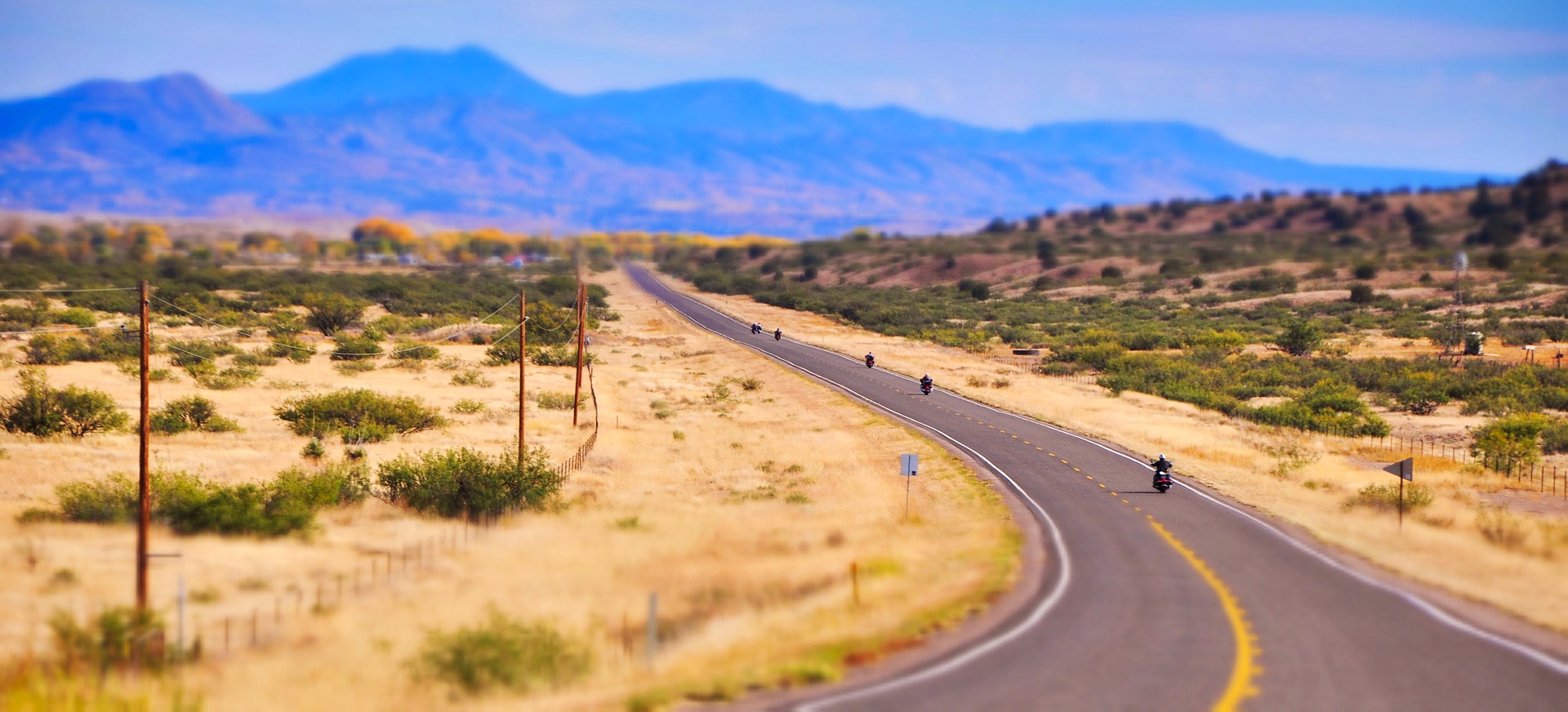
Summer road trips are a celebrated American — and New Mexican — tradition. This year, they’re as popular as ever. The American Automobile Association (AAA) predicts that 97% of summer travel in the U.S. in 2020 will be done by car. AAA estimates Americans will take 683 million road trips between July and September.
Road trips are a great way to get out of the house and experience something new, whether your excursion takes you on a day-trip from Rio Rancho to Jemez Springs for a soak in natural hot springs or to Cuba for a hike along the Continental Divide Trail. Trips farther afield might take you to White Sands, newly a named national park, where your kids can sled the towering dunes, or into the depths of Carlsbad Caverns National Park, the largest cave system in North America.
Unfortunately, road trips can also be dangerous. In 2018 alone, there were 9,050 fatal motor vehicle crashes from June to August. As the driver, you’re expected to drive safely to protect yourself and your loved ones. Here are a few steps to make sure your summer road trip stays safe and fun.
1. Get Your Car Serviced
The National Highway Traffic Safety Administration (NHTSA) recommends having a qualified mechanic provide regular maintenance for your vehicle. Before you depart, make sure your tires, battery, belts, fluids, and air conditioner have been checked and serviced. Having a well-maintained car will help prevent breakdowns or mechanical failures that lead to accidents.
2. Pack an Emergency Kit
Even the best-maintained vehicles break down, so the NHTSA also advises stocking your car for emergencies. It advises your kit include items such as:
- Cell phone and charger
- First aid kit
- Flashlight
- Flares and a white flag
- Jumper cables
- Tire pressure gauge
- Jack (and ground mat) for changing a tire
- Nonperishable food, drinking water, and medicines
3. Check That Your Car Seat is Installed Correctly
Unfortunately, car crashes are a leading cause of death for children between the ages of 1 and 13. Having a correctly installed car seat maximizes its ability to protect your precious family members. If you have any questions about whether you’re using the seat correctly, set up a consultation at a Car Seat Inspection Center near you.
4. Get a Good Night’s Sleep
According to the NHTSA, driving while drowsy accounts for some 100,000 accidents a year. Getting a good night’s sleep will help you stay safe on the road. Additionally, plan to avoid driving during peak sleepiness periods, which are midnight to 6 a.m. and late afternoon. Stay attuned to signs of drowsiness. These include crossing over roadway lines or hitting a rumble strip. However, if you do feel sleepy, switch off with another driver. If you’re driving alone, pull over at a safe place and rest until you can proceed safely.
5. Plan Your Route
Although spontaneity can be an exciting part of your road trip adventure, it might also lead to getting lost. Map out your route ahead of time and familiarize yourself with it. Knowing the route will help you keep your attention on the road. In the era of the novel coronavirus, you may also not be able to hit up every rest stop, tourist attraction, and gas station along your path. Research your stops in advance so you know where you can stop reliably.
6. Avoid Distracted Driving
Distracted driving claimed the lives of 2,841 motorists in 2018 alone. Keep you and your family safe by keeping your eyes on the road. Avoid taking phone calls, eating and drinking, and finding a new song on the stereo while driving. Texting is especially distracting since it can take your eyes off the road for an average of five seconds. You may even put your phone in do-not-disturb mode so your full attention can remain on the road.
In 2020, amid the COVID-19 pandemic, there are additional road trip safety considerations to keep in mind.
- If you’re headed out of state, be sure to check the local regulations where you’re going. Each state has its own approach to face coverings, public gatherings, and restaurant and hospitality industries.
- You should also be aware of New Mexico’s travel restrictions, which will affect you upon your return.
- Maintain physical distance during your trip.
- Stock up on food and water to minimize your stops along the way.
- Bring personal protective equipment. Pack and plan to wear a mask, and have items like hand sanitizer at the ready.
Despite your safety precautions, did you encounter an auto accident on your trip?
Are you looking for legal representation?
Contact Sanchez and Piñon, Rio Rancho’s accident attorneys. We’ll provide a free consultation to discuss the legal representation options that are right for your family.
